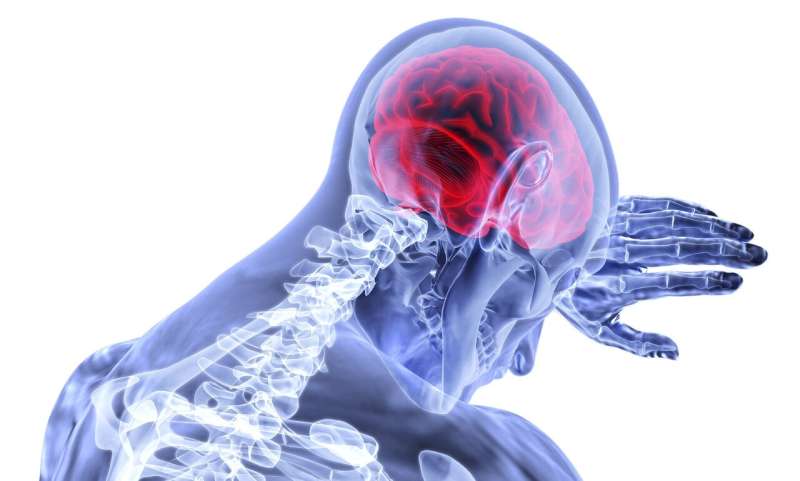Public Trust in AI-Generated Health Information Rises in the U.S.

A 2025 survey shows that nearly two-thirds of Americans trust AI-generated health information, highlighting its growing role in online health searches despite concerns about accuracy and reliance on medical professionals.
A recent survey conducted in April 2025 reveals that Americans increasingly view AI-generated health information as a useful and reliable resource. Traditionally, individuals primarily depended on their healthcare providers for trustworthy health advice, with confidence levels reaching 90%. Additionally, government health agencies like the CDC, NIH, and FDA have maintained a relatively high trust level among the public, even during the COVID-19 pandemic.
The rise of the internet expanded access to health knowledge through official sources as well as online platforms like WebMD, Mayo Clinic, and nonprofit organizations. However, with the emergence of generative AI, a new dominant source has appeared. When searching for health questions on Google or Bing, many users encounter AI summaries labeled as “AI Overview” or “Copilot Answer,” which come with disclaimers emphasizing that AI responses are for informational purposes and may contain errors.
Despite these disclaimers, a 2025 survey by the Annenberg Public Policy Center indicates that nearly 80% of adults are likely to search for health information online, and approximately two-thirds have encountered AI-generated responses. Among those who have seen AI summaries, about 31% believe these responses almost always provide the answers they need, while 45% say they sometimes do. Most respondents (63%) consider AI-provided health information to be somewhat or very reliable, although nearly half express discomfort with healthcare providers relying on AI tools for decision-making.
The survey also highlights where people turn for online health information, with search engines like Google and Bing being the most popular, followed by websites such as WebMD, Mayo Clinic, and government sources like the CDC and NIH. Demographically, younger adults are more likely to come across AI responses, while seniors aged 65 and older are less exposed.
While AI responses are becoming a common part of online health searches, concerns remain about their accuracy and potential for confusion or harm, especially among vulnerable populations. Experts stress the importance of understanding that AI summaries are not substitutes for professional medical advice, and skepticism is warranted, given that AI platforms may contain outdated information.
Furthermore, the survey found that most users do not stop at AI summaries but continue exploring links and resources. There is a general perception that AI-provided health data is fairly reliable, yet a significant portion still hesitates to rely solely on AI when making health decisions. When consulting healthcare providers, only a small percentage frequently discuss online or AI-derived health information, and nearly half remain uncomfortable with providers using AI tools for care decisions.
Ownership of smart health devices is also high, with 93% owning smartphones or smartwatches. Many use apps that track health metrics, and a majority consider sharing this data with their healthcare providers. Interestingly, most respondents are comfortable receiving prescription alerts from pharmacies via these devices.
The findings are part of the 24th wave of a nationally representative survey by the Annenberg Public Policy Center, emphasizing the growing role of AI in health information dissemination. While AI can enhance access and support for health management, experts call for caution and the continued importance of professional medical consultation to prevent misinformation and ensure safe healthcare practices.
Stay Updated with Mia's Feed
Get the latest health & wellness insights delivered straight to your inbox.
Related Articles
New Survey Highlights the Need for Better Public Awareness on SIDS Prevention
A new survey underscores the urgent need for public education on safe sleep practices and the risks of secondhand smoke to prevent SIDS and save infant lives.
New Regulations for Cosmetic Injectables: Enhancing Industry Safety
Australia has introduced new safety regulations for cosmetic injectables to combat unsafe practices, unethical promotion, and inadequate practitioner training, aiming to protect patients and elevate industry standards.
The Brain-Boosting Benefits of Rosemary: Enhancing Memory, Reducing Anxiety, and Protecting Against Alzheimer’s
Discover the cognitive and health benefits of rosemary, from enhancing memory and reducing anxiety to potential protection against Alzheimer's disease, supported by modern science and traditional use.
New Insights into Brain Circuits Drive Cocaine Withdrawal Discomfort and Relapse Risks
A recent study reveals a small brain circuit that drives cocaine withdrawal discomfort and influences relapse risks, offering new targets for addiction treatment.



